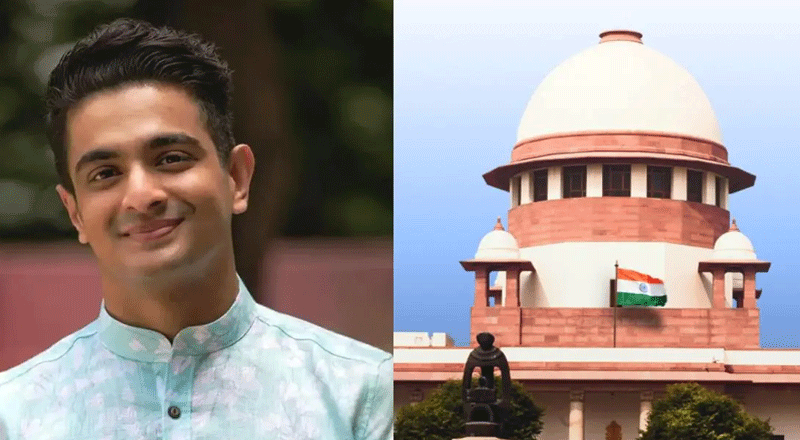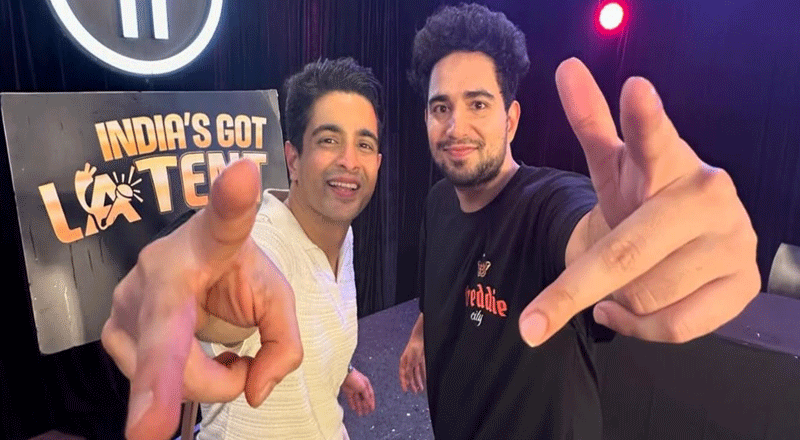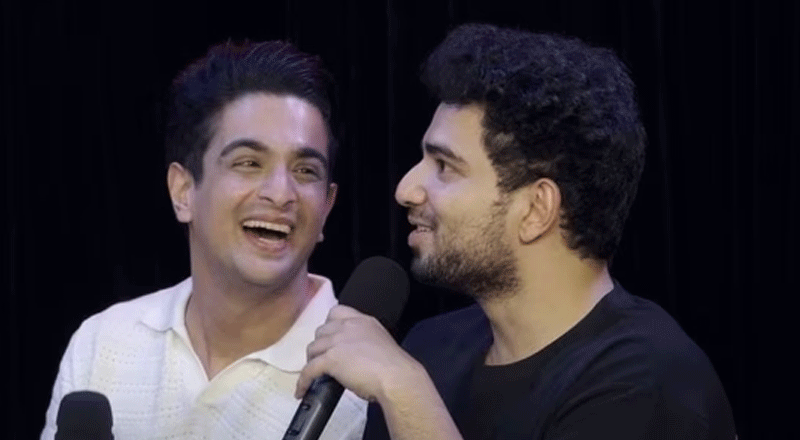The social media Free Speech Debate
The rise of social media has brought unparalleled freedom of expression, allowing creators to share their opinions, humor, and content with millions. However, this freedom often comes at a cost, blurring the line between entertainment and offense. A recent controversy surrounding YouTuber and podcaster Ranveer Allahbadia, popularly known as ‘BeerBiceps,’ has reignited the debate on social media responsibility and legal boundaries. Allahbadia faced multiple FIRs for making an obscene joke on comedian Samay Raina’s show India’s Got Latent, prompting intervention from the Supreme Court of India.
Supreme Court’s Intervention
On Tuesday, the Supreme Court granted Allahbadia protection from arrest while strongly reprimanding him for his remarks. A bench comprising Justice Surya Kant and Justice N Kotiswar Singh remarked that his “perverted mind made the entire society feel ashamed.” While the court provided relief from immediate legal repercussions, it also prohibited Allahbadia and his associates, including Samay Raina and Apoorva Makhija, from participating in any further shows for the time being.
Legal Protection for Allahbadia
Despite its strong words against Allahbadia’s conduct, the Supreme Court ensured his fundamental rights were safeguarded. The key directives issued by the court include:
- Protection from arrest in FIRs filed across Mumbai, Guwahati, and Jaipur.
- Prevention of additional FIRs being registered on the same allegations.
- Permission to seek protection from local police in Maharashtra and Assam if he or his family face threats.
- A stay on any arrest related to future FIRs in Jaipur.
Restrictions Imposed on Allahbadia
- While granting relief, the Supreme Court also imposed certain restrictions on Allahbadia:
- He must deposit his passport with the Thane police.
- He is prohibited from leaving the country without the Supreme Court’s permission.
- He, along with his associates, cannot engage in any other shows for the foreseeable future.
The Court’s Scathing Remarks
The Supreme Court did not hold back in its criticism of Allahbadia’s remarks. Justice Kant rebuked him, stating, “If this is not obscene, then what is? You can show your vulgarity anytime and show depravity… Liberty is a separate issue. The entire society will be ashamed.” The court further emphasized that responsibility must accompany the right to freedom of expression, questioning whether social media influencers believe they have a license to make such statements.
The controversy stemmed from a joke Allahbadia made on India’s Got Latent: “Would you rather watch your parents have sex every day for the rest of your life or join in once to make it stop forever?” The remark sparked outrage, leading to nationwide debates on ethical boundaries in digital content creation.
Public Backlash and Apology
Following the uproar, Allahbadia publicly apologized, acknowledging that his joke was inappropriate and not humorous. He admitted that comedy was not his strength and vowed to be more responsible with his platform moving forward. However, the damage was done, and YouTube removed all episodes of India’s Got Latent after receiving a notice from the government.
Meanwhile, Allahbadia’s legal counsel, Abhinav Chandrachud, highlighted the threats his client received, including a Rs 5 lakh bounty for anyone who would cut off his tongue. The court noted these concerns but continued to condemn the nature of the remarks.
The Broader Debate: Regulation on social media
This incident has reignited discussions on regulating content on social media and OTT platforms. While free speech is a fundamental right, its misuse to spread offensive or harmful content has been a growing concern. The Indian government has previously introduced IT rules to curb misinformation and regulate digital content, but cases like this highlight the need for stricter oversight.
Politicians, legal experts, and social commentators argue that while creative freedom must be preserved, there should be a framework ensuring accountability. The Supreme Court’s stance on this issue sets a precedent, demonstrating that offensive content will not go unchecked while also upholding due process.
The Need for Responsible Content Creation
The Ranveer Allahbadia controversy is a stark reminder of the power and influence social media figures wield. With great reach comes great responsibility, and the boundaries of humor and free speech must be navigated carefully. The Supreme Court’s intervention underscores the need for a balanced approach—ensuring legal protection while condemning unethical content. As digital platforms continue to evolve, stricter regulations and ethical guidelines may become necessary to maintain a respectful and accountable online environment.
(With inputs from agencies)





